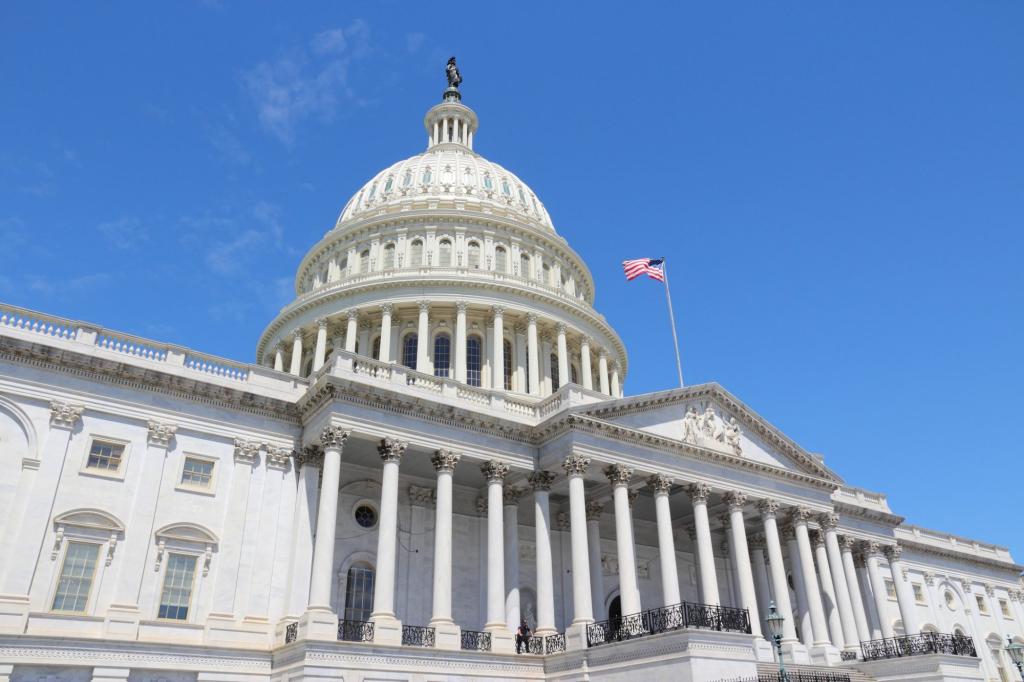The ongoing issue of illegal federal surveillance has been a cause for concern for over a decade, with scandals such as the revelations by whistleblower Edward Snowden in 2013 exposing abuses of the Foreign Intelligence Surveillance Act. Despite efforts by principled members of Congress to push for reforms, the House of Representatives is likely to vote to continue allowing federal agencies to spy on American citizens for another five years. Reports of FISA violations have continued to surface, including false claims made to the FISA court to launch surveillance on a Trump campaign official in 2016.
Under FISA Section 702, the National Security Agency collects vast amounts of information as part of foreign surveillance efforts, inadvertently capturing personal data of Americans. The FBI has been known to search through Americans’ emails and other information without a warrant, leading to privacy violations. Despite recognition of abuses and acknowledgments that FISA authority has been abused in recent years, efforts for meaningful reform have been weakened, with proposals for reforms falling short of addressing the core issue of warrantless surveillance.
Congressmen, including House Speaker Mike Johnson, have failed to listen to calls for restrictions on FISA spying on Americans, instead opting for superficial reforms that fail to address the root of the problem. Despite claims that the proposed bill includes 56 reforms to protect Americans’ rights, critics have pointed out the inadequacy of these changes, such as establishing minimum accountability standards for FBI employees and requiring annual training for personnel conducting queries. The bill’s proponents have been accused of prioritizing federal power over safeguarding constitutional rights.
Efforts to downplay the extent of abuses, as seen in statements by House Intelligence Committee Chair Mike Turner, have raised concerns about the lack of accountability and transparency in surveillance practices. Reports of unjustifiable privacy invasions, including the unauthorized searches of millions of Americans’ data using Section 702, reveal the need for stricter oversight and safeguards. Despite claims by FBI officials that reforms are working, evidence of widespread abuse, including illicit searches of Americans and targeting of innocent individuals, indicates the continued need for meaningful reform to protect citizens’ rights.
The push to reauthorize FISA without substantial reforms raises alarms about the potential for further abuses in the future, particularly in the context of upcoming elections. Given past instances of FISA abuses to undermine presidential candidates, there are concerns about the potential for similar actions to occur in future elections. Politicians who deny past abuses cannot be trusted to prevent future violations, highlighting the need for stronger protections and oversight mechanisms. The failure to address the core issues of warrantless surveillance and privacy violations poses a threat to Americans’ constitutional rights and freedoms.


